Born on 8 January 1942 in Oxford, England, Stephen Hawking is a theoretical physicist, cosmologist and author. He is most famous for his work on black holes and for his bestselling book A Brief History of Time. Considered among the greatest scientists in Britain’s history, Hawking has received several awards including Gold Medal of the RAS, Copley Medal of the Royal Society and the Presidential Medal of Freedom. Know about his contribution to science and the honours he has received through his 10 major accomplishments.
#1 ALONG WITH PENROSE, HE DID GROUND-BREAKING WORK ON SINGULARITIES
A gravitational singularity is a one-dimensional point which contains infinite mass in an infinitely small space. In a singularity, gravity becomes infinite, space-time curves infinitely and the laws of physics as we know them cease to exist. Along with English mathematical physicist Roger Penrose, Stephan Hawking did path-breaking work on singularities which proved their existence and theorized that the universe might have begun as a singularity. Their Penrose–Hawking singularity theorems attempt to answer when gravitation produces singularities.
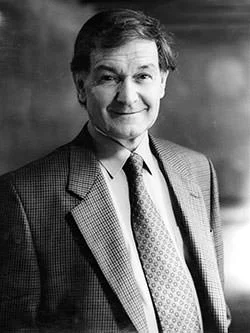
#2 HE CO-DISCOVERED THE FOUR LAWS OF BLACK HOLE MECHANICS
With James Bardeen and Brandon Carter, Stephan Hawking discovered the four laws of black hole mechanics. These laws are physical properties that black holes are believed to satisfy and are analogous to the laws of thermodynamics. In January 1971, his essay titled “Black Holes” won the prestigious Gravity Research Foundation Award.
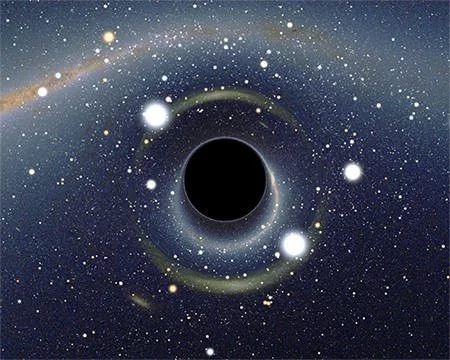
#3 HIS MOST SIGNIFICANT THEORY IS THAT BLACK HOLES EMIT HAWKING RADIATION
Previously physicists believed nothing could escape a black hole. In 1974, Stephan Hawking showed that black holes emit radiation, which may continue till they exhaust their energy and evaporate. Stephen’s prediction of what became known as the Hawking radiation initially created a controversy but on further research was considered an important breakthrough in theoretical physics.
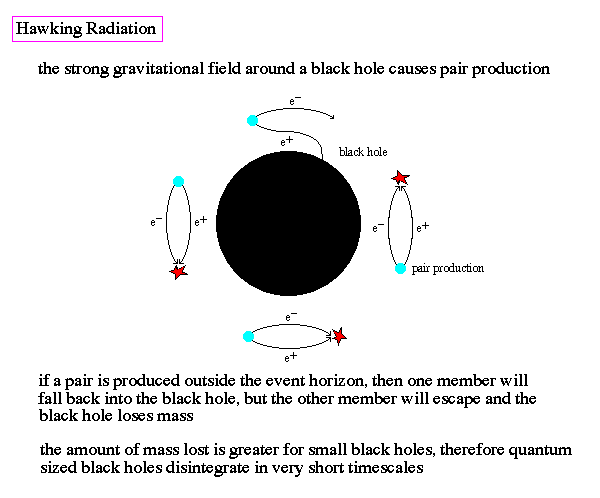
#4 HE CONTRIBUTED TO THE THEORY OF COSMIC INFLATION
Introduced by Alan Guth in 1980, cosmic inflation is a theory in physical cosmology which proposes that following the Big Bang, the universe expanded exponentially before settling down to slower expansion. It is now widely accepted. Stephen Hawking was one of the first to calculate quantum fluctuations that were created during cosmic inflation and to show how they might give rise to the spread of galaxies in the universe.
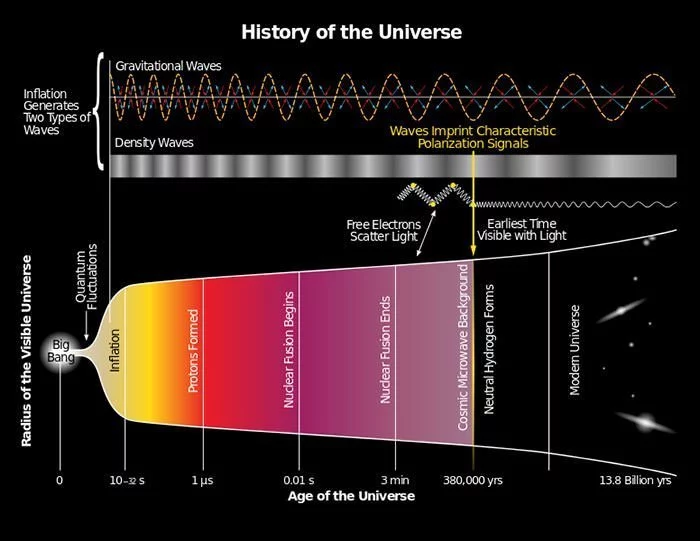
#5 HE CO-PROPOSED AN IMPORTANT MODEL ON UNIVERSE’S INITIAL STATE
Along with James Hartle, Stephen Hawking published a model known as the Hartle–Hawking state in 1983. It proposed that time didn’t exist before the Big Bang and hence the concept of the beginning of the universe is meaningless. The Hartle–Hawking state universe has no beginning as it has no initial boundaries in time or space. It remains one of the most prominent theories on the initial state of the universe.

#6 HE C0-PROPOSED A THEORY OF “TOP-DOWN COSMOLOGY”
In 2006, Stephen Hawking, along with Thomas Hertog of CERN, proposed a theory of “top-down cosmology”. It proposed that the universe had not one unique initial state but consisted of a superposition of many possible initial conditions. Thus as we don’t know the initial conditions at the beginning of the universe, we can’t have a bottom-up model. This leaves the possibility of only a top-down approach as we know the final state of the universe – the one we are in now. The theory became popular as it fits in with the well-known string theory.
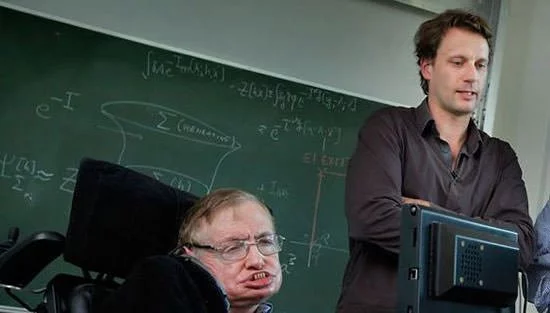
#7 He WROTE THE FAMOUS BOOK A BRIEF HISTORY OF TIME
In 1988, Hawking’s book A Brief History of Time was published. In it he explains a range of subjects in cosmology, including the big bang, black holes and light cones. The book was written in a non-technical language to clearly express his ideas to an average reader. A Brief History of Time became a bestseller and sold more than 10 million copies in 20 years. It appeared on the British Sunday Times best-seller list for a record-breaking 237 weeks. It also enhanced Hawking’s international reputation and media described him as “Master of the Universe”.
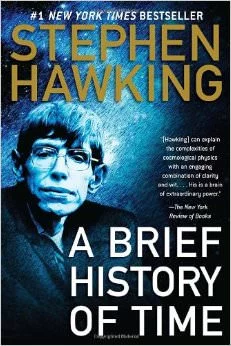
#8 HE ALSO AUTHORED SEVERAL OTHER POPULAR BOOKS
After A Brief History of Time, several other works by Hawking were published which went on to be quite popular including Black Holes and Baby Universes and Other Essays (1993), The Universe in a Nutshell (2001), On The Shoulders of Giants (2002), and God Created the Integers: The Mathematical Breakthroughs That Changed History (2005). He also co-authored a series of children fiction novels with his daughter Lucy Hawking.
#9 HE RECEIVED NUMEROUS AWARDS
In 1974, a few weeks after the announcement of the Hawking radiation, Stephan Hawking became one of the youngest persons to be elected to the Royal Society of London. In 1982 he was made Commander of the Order of the British Empire (CBE) by the Queen. In 1985 he was given the Gold Medal of the Royal Astronomical Society (RAS), the highest award given by the RAS. In 1987 he was awarded the Paul Dirac Medal by the Institute of Physics for his outstanding contributions to theoretical physics. In 1988, Hawking and Penrose were given the Wolf Prize, a prestigious international award granted in Israel.
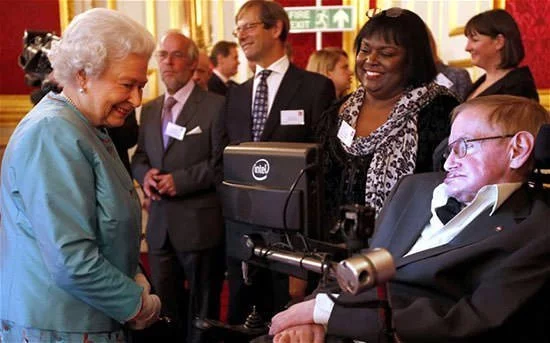
#10 He Was Awarded The Presidential Medal of Freedom
In a 2002 poll conducted by BBC in the United Kingdom to determine whom the public considered as the greatest British people in history, Stephen Hawking ranked 25. In 2006, he was awarded the Copley Medal from the Royal Society. In 2009 US President Barack Obama presented him the Presidential Medal of Freedom, the highest civilian award of the United States. In 2013, Stephen Hawking was awarded the Russian Special Fundamental Physics Prize, which has been dubbed by the media as the ‘XXI Century Nobel’.

HAWKING AND HIGGS BOSON
Higgs boson is a particle which was proposed to exist as part of the Higgs field theory by Peter Higgs in 1964. Stephen Hawking emphatically argued and bet that Higgs boson would never be found due to which he had a public dispute with Peter Higgs. Higgs boson was discovered in July 2012. Hawking quickly conceded that he had lost the bet and said Peter Higgs should win the Nobel Prize for Physics, which he did in 2013.

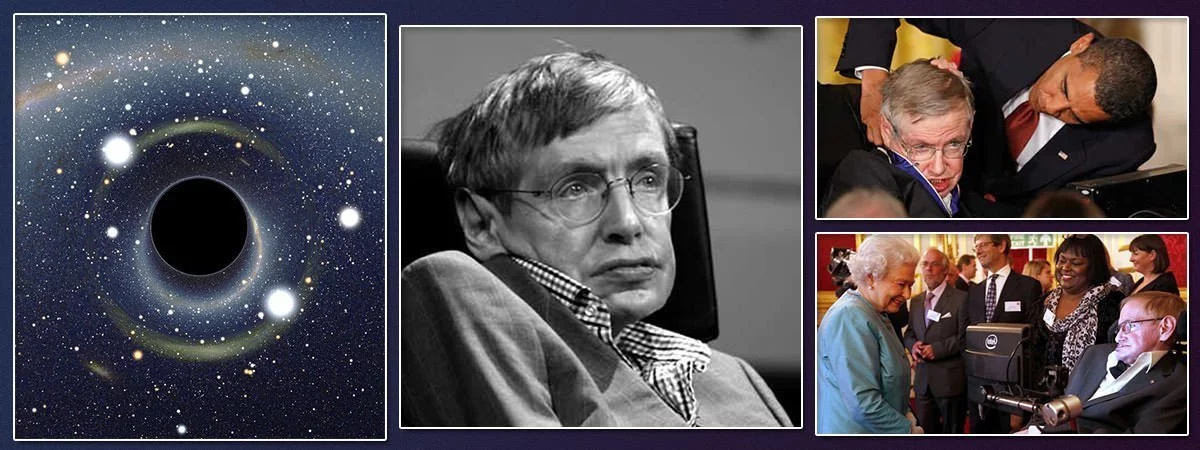
RIP Stephen !
“A scientific theory is NOT a wild guess. It must be consistent with known experimental results and it must have predictive power. As new knowledge is gained, theories are refined to better explain the data. A law is a mathematical relationship that is consistently found to be true.” – What I’m wondering is where the experimental results from a singularity was obtained….seeing as how we have yet to create or find a singularity/black hole.
Everything these scientific people do are mostly THEORY .Meaning it is not proven .It is a thought .I fail to see why these people are so famous without ever proving anything.
In order to even begin to have these theories they first must think and to be able to take it from thought to even plausible theory one must be on the low side of quite to very smart. Then from plausible theory to very good theory you are likely a slight genius… Well, that is why they are famous, because people like this is why we are sitting here commenting on an article we read on a backlit peice of glass in a plastic case instead of chewing meat off of bones in a forrest. lol
he did solve the black hole paradox…
He’s black hole theory was wrong and he admitted publicly. You got to inform your self better…
This only means you don’t understand what a THEORY is on the scientific field.
Ohhhh, yeah I see. Like, “Newton’s theory of universal gravitation”.
Wait, I’m being told it’s not called that. I’m also being told a theory becomes a law when it is proven never to be wrong.
Jokes aside, Mr. Hawking’s theory on universal expansion will just be a theory, since we more than likely will never know. The singularity and black hole theories also will remain theories until we actually come across a black hole, and actually have one to study. Even then, more than likely will be discarded at that point. In the end, he’s given some good theories to base on when we actually come across a black hole. That’s it.
KKK
the value of a theory without good marketing and devoted followers would not be enough to buy a cup of coffee.
theory in science has a different meaning. A scientific theory is an explanation of an aspect of the natural world that can be repeatedly tested, in accordance with the scientific method, using a predefined protocol of observation and experiment. Established scientific theories have withstood rigorous scrutiny and embody scientific knowledge. (wiki)
A scientific theory is different from the common theory. A scientific theory is an explanation of an aspect of the natural world that can be repeatedly tested, in accordance with the scientific method, using a predefined protocol of observation and experiment. Established scientific theories have withstood rigorous scrutiny and embody scientific knowledge. (wiki)
I totally agree with you and am so glad I’m not the only one that sees it this way.
I too can get drunk and or stoned and come up with all kinds of ideas.
Yeah, but without theory’s, nothing would of ever been established. If Darwin never theorized evolution, we would have never started looking for facts to back it up. Almost everything starts from a theory.
scientific theories are based on facts, not guesses
which was found by jimmy cat
I was think the exact same thing
That’s not even right how dare you to discriminate Stephan hawking like that
Theory – an idea dreamed up by someone who lives in a university and has the approval of his buddies [peer review].
If the theory is true some entrepreneur will grab hold of it and change the world.
EG. Theory of flight > airplane. PN junction theory > transistor > microchip
Be sceptical of science wait for technology to provide the proof through producing a useful product in the real world.
The scientific process is wonderful, an idea starts out as a hypothesis which can be based on nothing more than instinct but it holds no ground, for an idea to graduate it needs to become a theory which requires repeatable experimentation – for instance Hawking Radiation is a theory because we can infer how virtual particles act through experimentation and pairing with what we can know about the event horizon it leads to black holes losing mass this way.
tl;dr – gravity is a theory
Wow thanks this was really useful for my report on stephen hawking “–“
Only because you have a limited education and intelligence, I feel very sorry you miss out on the beauty of mathematics and physics. Without theorists you would not have semiconductors (microchips). I hope I have dumbed it down sufficiently.
>Dominic Coleman
Is this a joke or do you happen to watch Richard and Mortimer, in that case I bow to your super genius. /s
To be fair, you have to have a very high IQ to understand Rick and Morty. The humour is extremely subtle, and without a solid grasp of theoretical physics most of the jokes will go over a typical viewer’s head. There’s also Rick’s nihilistic outlook, which is deftly woven into his characterisation- his personal philosophy draws heavily from Narodnaya Volya literature, for instance. I’m smirking right now just imagining one of those addlepated simpletons scratching their heads in confusion as Dan Harmon’s genius wit unfolds itself on their television screens. What fools.. how I pity them.
Nice copy and paste, but you left half of it out. Dont worry, your neckbeard will grow in one of there days…
saaameeee